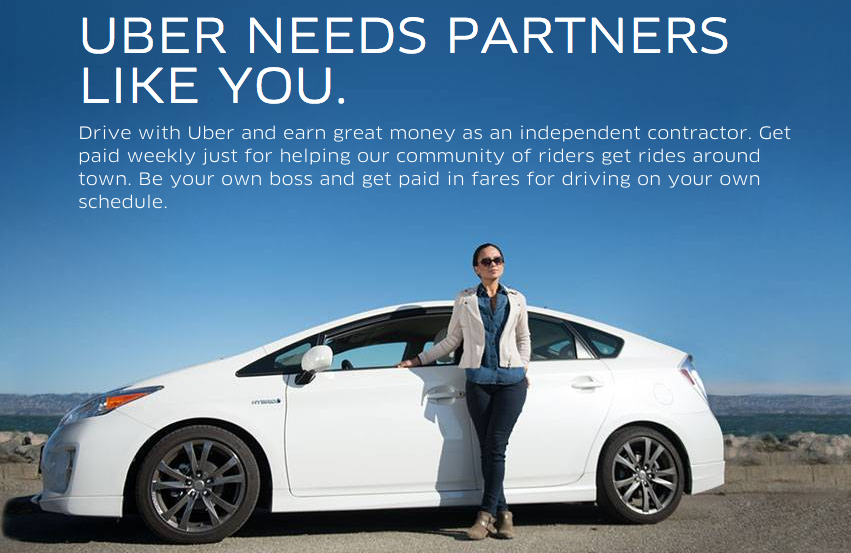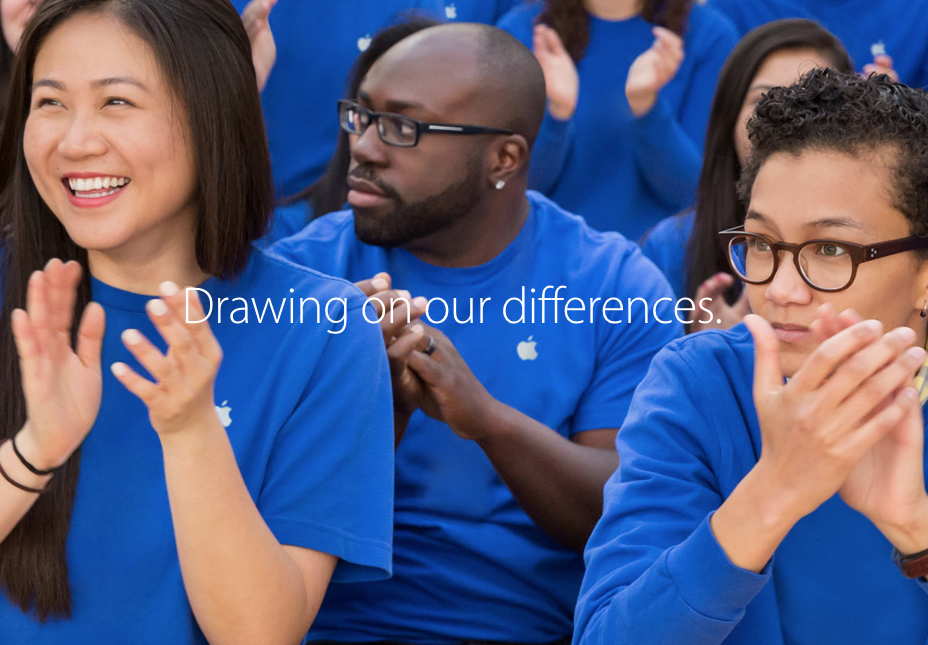There’s been an important development in a lawsuit brought against Uber over the much-publicized tensions between the company’s insistence that its drivers are independent contractors and some drivers’ claim that they are employees.
A US District Judge has ruled that it may continue as a class action.
“The court concludes that a number of Uber’s class certification arguments are problematic,” wrote Judge Edward M. Chen There’s “simply no basis” to Uber’s claim “that some innumerable legion of drivers prefer to remain independent contractors rather than become employees.”
The court has narrowed the class a bit, however.
Here’s the specific class the court certifies:
All UberBlack, UberX, and UberSUV drivers who have driven for Uber in the state of California at any time since August 16, 2009, and who (1) signed up to drive directly with Uber or an Uber subsidiary under their individual name, and (2) are/were paid by Uber or an Uber subsidiary directly and in their individual name, and (3) did not electronically accept any contract with Uber or one of Uber’s subsidiaries which contains the notice and opt-out provisions previously ordered by this Court (including those contracts listed in the Appendix to this Order), unless the driver timely opted-out of that contract’s arbitration agreement.
The lawsuit, which was filed in 2013 and fought by Uber all the way, questions the company’s classification of its drivers. The class of drivers says it should be considered employees, not contractors, which would entitle them to things like reimbursement of expenses, minimum wage, overtime pay, and more.
Uber’s stance has always been that it’s a software company. Uber connects people wanting a ride to those offering a ride. It’s a logistics company. Uber simply connects third-party contractors with customers. Its drivers are independent contractors, not employees.
The company says it will appeal this ruling.
Recently, in a move that gave weight to the drivers’ position, the California Labor Commission ruled that an Uber driver was an actual employee – as Uber is “involved in every aspect of the operation.”
And last month, another driver in California sued Uber over the same issue.
Last month, UK union GMB, which represents professional drivers, has engaged a law firm to file suit against Uber “on the grounds that Uber is in breach of a legal duty to provide them with basic rights on pay, holidays, health and safety and on discipline and grievances.”
This issue is clearly not going away. And this particular class action case will probably stretch on into eternity.

